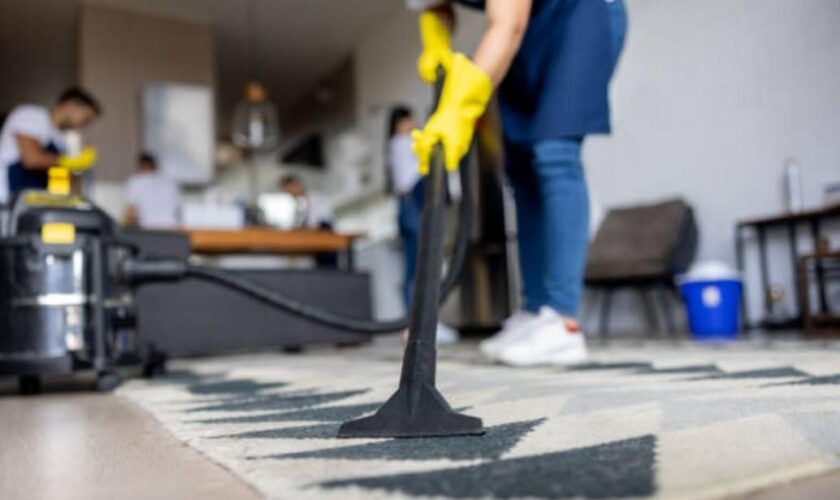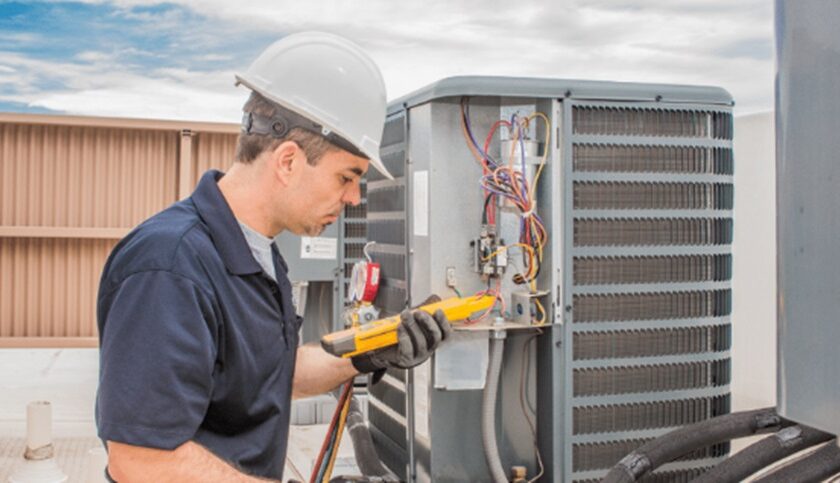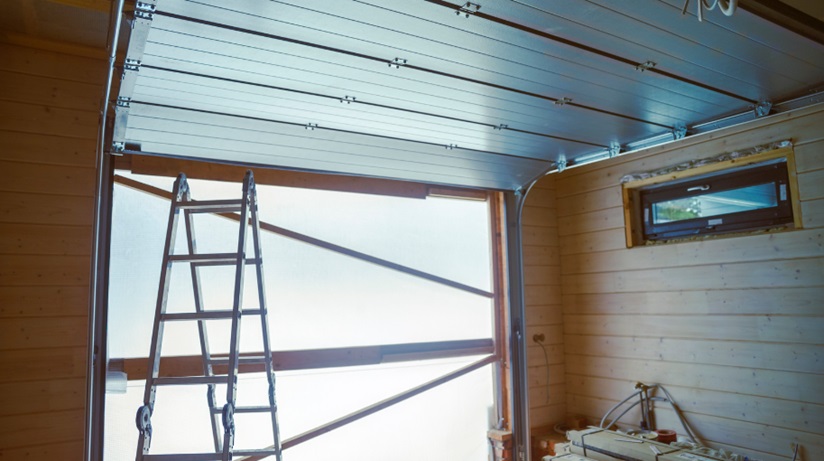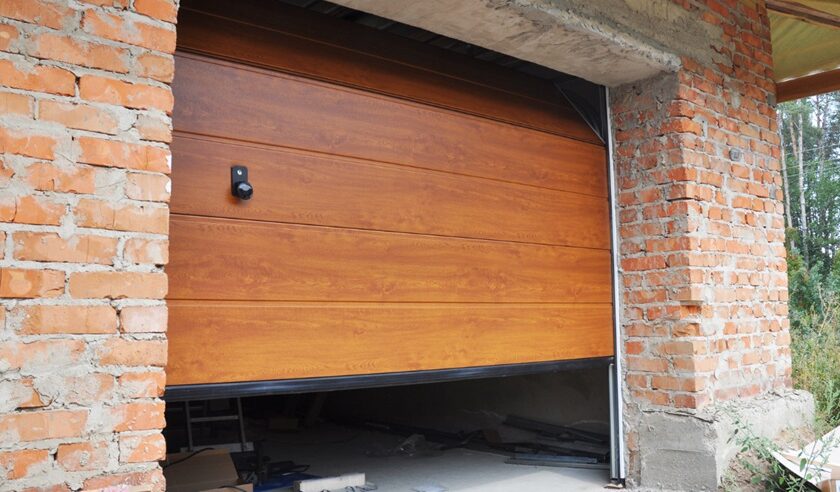When most people think Abu Dhabi is just a spot of official hubs, the towering skyline, lavish malls and cultural landmarks like Sheikh Zayed Grand Mosque changes the mind. But beyond the grandeur is Al Bateen- a waterfront neighborhod that blends well with old Emirati charm and modern finesse. It is known primarily for its marina and governmental institutions and hides some truly remarkable gems that most tourists tend to overlook.
Whether you’re a curious visitor or longtime resident looking for something new, this curated list of Abu Dhabi street hidden treasures deserves a spotlight.
Al Bateen Beach
Unlike crowded Corniche or Saadiyat public beaches, Al Bateen Beach offers a better experience. This family-friendly beach is popular with residents who appreciate the clean, quiet environment with scenic views of Hudayriat Island and its bridge.
The beach also has a dedicated ladies-only section on certain days, a shaded children’s play area and calm waters that makes swimming safe. It has cycling and jogging tracks nearby that allows for peaceful workout by the sea- without any tourist rush.
Al Bateen Marina
Sure, Yas marina grabs the attention but Al Bateen Marina is no less. It is an exclusive quieter haven for yacht owners and enthusiasts. It serves a perfect evening stroll with waterfront cafes and restaurants offering front-row views of the boat. You’ll find some elegant dining options like Umm Al Emarat Café within the marina’s network of paths and open terraces.
Etihad Modern Art Gallery
Etihad Modern Art Gallery is tucked away in the quiet residential street. The space emerges from Emirati and international talent. The gallery isn’t just about paintings, it is more about exhibitions, creative workshops, film screenings and cultural talks.
It has an in-house Art House Café that is the gem in itself. It has eclectic interiors made from recycled material that is Instagram-worthy and the menu caters to vegans, coffee lovers and vegetarians. A trip here will step you into Abu Dhabi’s indie, artistic side.
Al Bateen Shipyard
Al Bateen Shipyard is nestled on the water’s edge. It is one of the last remaining dhow-building yards in Abu Dhabi. It quietly preserves maritime traditions of UAE where you can see craftsmen at work, repairing wooden vessels that once ruled the Gulf.
While it’s not a formal tourist destination, the respectful visitors are often welcomed with smiles.
Local Bakeries
Al Bateen has a growing scene of boutique cafes that locals swear by. Boon Coffee Roasters offers single-origin Ethiopia that blends seamlessly. It has a calm space that’s perfect for remote working or reading. Nearby, you’ll find Baker’s Kitchen that provides healthy German-style breads and mouth-watering menus.
Many of these spots are nestled inside low-rise villas or marina-side locations which makes the discovery a delightful surprise.
Conclusion
Al Bateen is more than just a residence or diplomatic district, it is a perfect blend of heritage, community and quiet luxury. These hidden gems in the Abu Dhabi area are a part of history where modernity also rests. All the places offer experiences that go beyond the typical tourist trails and bring you closer to the soul of the city.









